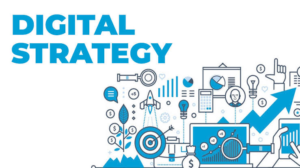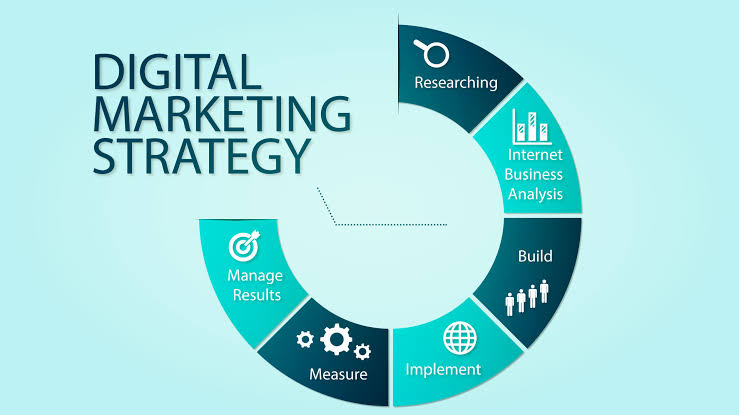Digital marketing strategies businesses with a guide to explore the constantly changing online landscape and accomplish their marketing objectives. In any case, it is fundamental to perceive that no structure is awesome or without impediments.
The limitations of digital marketing strategies will be examined and solutions will be presented in this article. By thinking past the system and adjusting to new difficulties, or opting for the services of best digital marketers, organizations can boost the viability of their digital marketing efforts.
The Evolving Nature of Digital Marketing
The rapid evolution of digital platforms and consumer behavior is one of the limitations of digital marketing strategies. Strategies that were successful in the past may no longer be as effective today. Businesses should keep up with the most recent technologies and trends, keep an eye on how well their strategies are working, and be willing to make changes if they need to to stay ahead of the curve.
-
Market Research
Digital marketers face a challenge because consumers’ preferences and actions are constantly shifting. Strategies that were once popular with the intended audience might no longer be effective. Businesses should regularly carry out market research, collect feedback from customers, and make use of analytics tools to gain insights into shifting consumer preferences to overcome this limitation. By remaining on top of their crowd, organizations can fit their systems to address developing issues.


-
Oversaturation and Increased Competition
As digital marketing becomes easier to access, common obstacles include oversaturation and increased competition. It tends to be hard for organizations to slice through the clamor and stand apart from the group. To address this limit, it is urgent to zero in on separation and novel offers. To make an emotional connection with their target audience, businesses should emphasize the authenticity of their brand, provide individualized experiences, and employ storytelling strategies.
-
Data Privacy and Regulations
The General Data Protection Regulation (GDPR) and the California Consumer Privacy Act (CCPA), amongst others, present challenges for digital marketers due to the increased awareness of data privacy issues. Organizations should guarantee consistency with these guidelines and handle customer information mindfully. Consent and transparency are essential. By carrying out robust data privacy practices, and maintaining trust with customers, organizations can navigate these restrictions effectively.
-
Adapting to Algorithm Changes
Digital marketing strategies heavily rely on social media and search engine algorithms. Nonetheless, algorithm changes can essentially influence organic reach and visibility. Businesses should diversify their digital marketing efforts to overcome this limitation. This includes effective money management for different channels, for example, email marketing, influencer partnerships, and content marketing, to lessen dependence on a solitary platform.
-
Resource Constraints
Executing digital marketing strategies calls for time, effort, and resources. The implementation of comprehensive strategies may be challenging for startups or small businesses with limited resources. Businesses can address this limitation by prioritizing their efforts and concentrating on key channels that align with their objectives and target audience. They can likewise use robotization instruments, reevaluate specific assignments, and team up with specialists or offices to improve asset usage.
Measuring Return on Investment (ROI)
Measuring the ROI of digital marketing efforts can be challenging due to the complexity of tracking conversions and attributing them to specific channels or campaigns. To address this restriction, organizations ought to execute vigorous analytics tools, set clear targets and key performance indicators (KPIs), and routinely assess and streamline their techniques in light of data-driven insights. A more comprehensive picture can be obtained by taking a holistic approach to measuring ROI and taking into account intangible benefits like brand awareness and customer loyalty.
Conclusion
Despite the fact that digital marketing strategies frameworks provide businesses with useful road maps, it is essential to acknowledge their limitations and adapt to the shifting digital landscape. Businesses can maximize their digital marketing efforts and remain competitive by thinking outside the box and confronting these limitations head-on.
Embracing adaptability, remaining informed, zeroing in on client needs, and utilizing information driven experiences are vital to progress. Businesses can drive meaningful results and achieve their marketing goals in the dynamic digital world by constantly reevaluating and refining their strategies.






